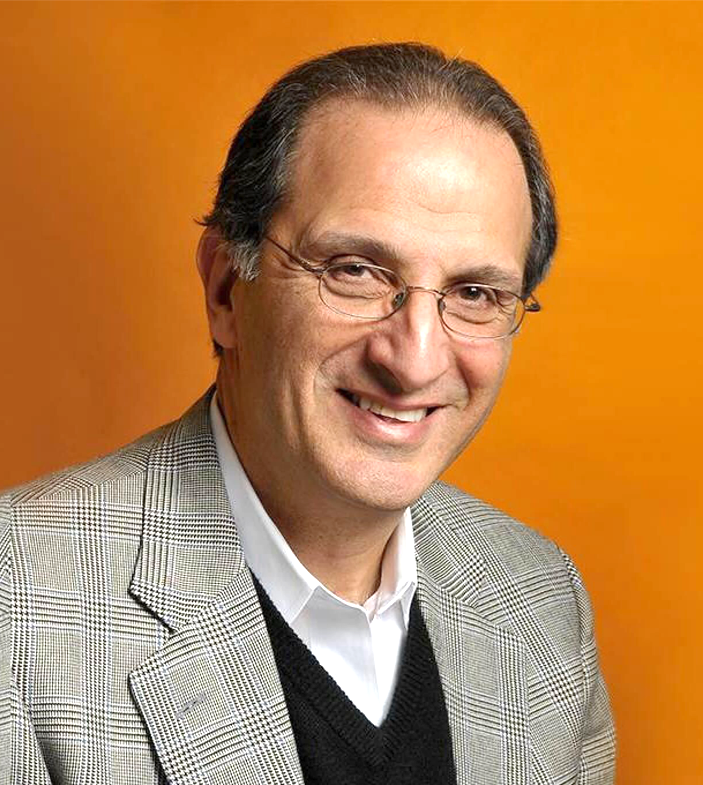It is tragic and deeply distressing that twenty years after the US launched its disastrous invasion of Iraq that the ignorance, lies and cruelty of that war have never been acknowledged.
The neocons in the Bush administration believed that our enemies had attacked on 9/11 because they perceived us as weak. Postulating that a quick and decisive victory would demonstrate US strength and resolve, the neocons thought the war would ensure US hegemony for decades to come.
I had served on a think-tank sponsored task force with many leading proponents of this worldview and was astounded by their hubris born of ignorance. They did not know, or consider it important to know, Iraq. They were guided by a one-size-fits-all Manichean ideology: forces of good and evil in combat across the globe; a clash between them inevitable; and in that confrontation good ultimately prevailing. Those who issued cautions were demeaned as weak and lacking resolve.
These “experts” took to the airwaves preying on a still shell-shocked public that knew even less about Iraq or the broader Middle East. In testimonies before Congress and on television the war’s proponents embellished their good versus evil portrait and deliberately misinformed the Congress and public about the impending war.
The “big lie” about Iraq wasn’t about weapons of mass destruction, but rather a preposterous deceit about the war’s costs and terms of engagement. Leading administration spokespersons testified that: the war would be over in a few weeks; US forces would be greeted as liberators; it would cost no more than $1 or $2 billion; and in the end a new democracy in Iraq would be a “beacon for the new Middle East”.
Journalists and commentators echoed these fact-free claims making it the dominant narrative. Most politicians cowered, and because the overwhelming majority of the public couldn’t find Iraq on a map (according to a survey conducted days before the invasion was to begin), they went along.
During the months leading up to the start of the war, my wife and I were in North Carolina where I was teaching at Davidson College. At one point, I flew back to Washington to debate a resolution I had submitted to the Democratic National Committee urging the party to oppose sending our young people into a war without knowing its costs, terms of engagement, and consequences, in a country whose history and culture we did not know. The party leaders allowed me to present it but wouldn’t permit a vote.
At the time, I was hosting a weekly live television call-in programme on Abu Dhabi TV and Direct TV in the US. ADTV arranged two live satellite shows connecting students at Davidson with students at Baghdad University. It opened my students eyes to Iraqi history, culture, and sensitivities. After the programme one of the Davidson students told me that it was so hard to be speaking with the Iraqis knowing that we were going to bombing them.
Two decades later we have largely forgotten the lies and no one has been held accountable.
President Barack Obama released the Bush era torture memos, commissioned to provide a “legal” justification for and define allowable methods that could be used to torture prisoners captured in Afghanistan and Iraq, raising hopes for accountability for war crimes. The memos were horrifyingly graphic in describing permissible torture practices. But after releasing the memos, Obama announced that “we wouldn’t look backwards.”
And so here we are, two decades after the war with no accountability for the lies that left thousands of young Americans and hundreds of thousands of Iraqis dead. The same neocon hawks, still considered experts, are now on the airwaves peddling their Manichean nonsense about other conflicts and enemies. And the American public remains uninformed not only about Iraq and what we did there, but also about the entire Middle East and its history and culture.
We continue to operate blindly in a world that’s increasingly wary of our role precisely because of the lack of accountability and understanding of history. The truth is that accountability would not make us weaker. It would make us smart, stronger and more respected.
The writer is president of the Washington-based Arab American Institute
